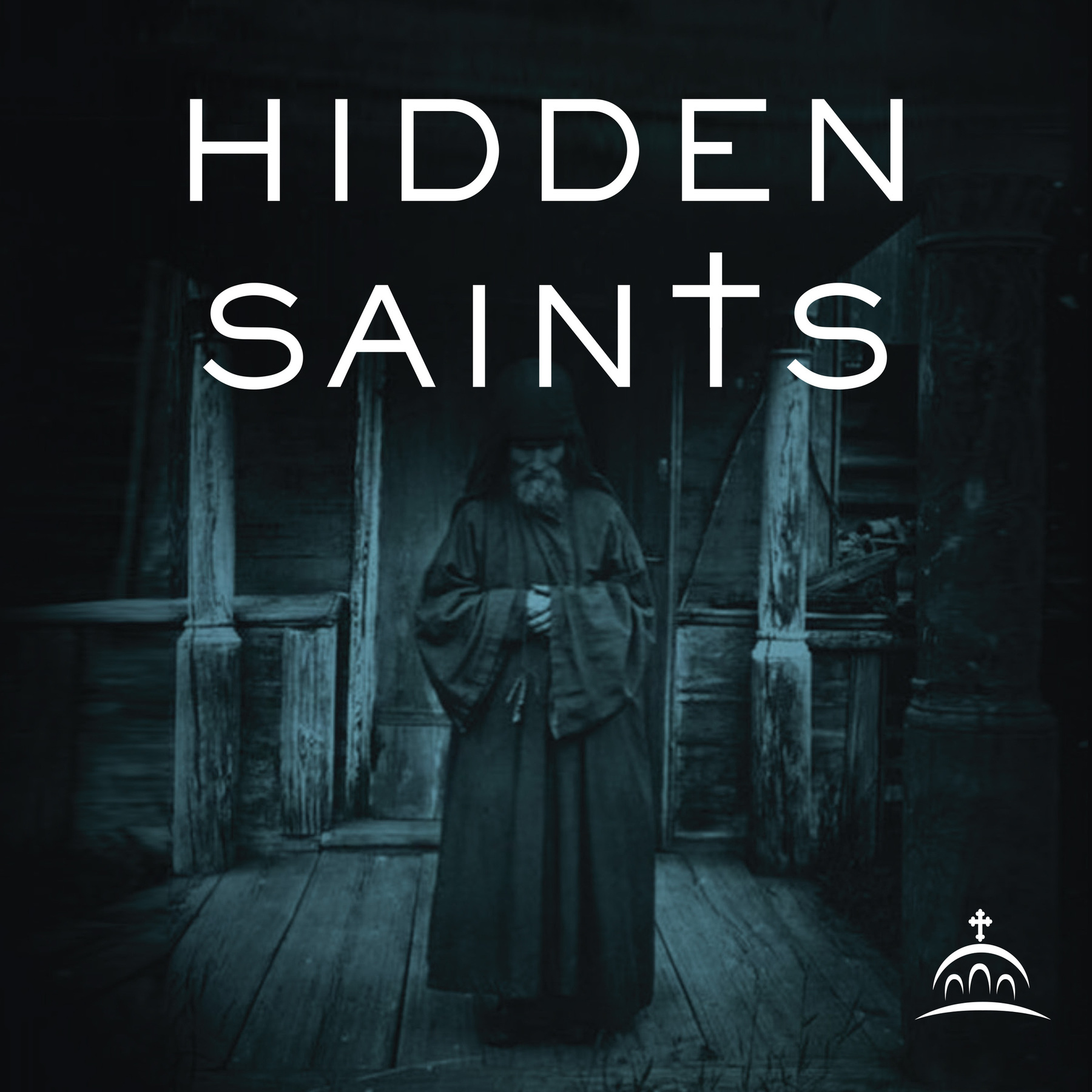On March 2, the Orthodox Church celebrates the memory of an illustrious English saint named Chad. Chad was the much younger brother of another famous saint, named Cedd. Of course, I’m not using the ancient pronunciations of these names, because I would probably get them wrong constantly, so I will say them just as they seem to be in print. Their lives were given, of course, by St. Bede, who I do know at the time was known as Beda. Cedd was also a disciple of the illustrious Aidan of Lindisfarne, one of the most prominent of the English saints.
Cedd was an extremely devout monastic, a man who was well-learned in the Scriptures, who had a very profound and high sense of eschatology, of looking forward to the return of our Lord Jesus Christ. After he was consecrated, he would go from town to town as the apostles did, on foot because he felt that imitating them was the best way to spread the Gospel.
Of course, in the English Church at this time, there was a lot of dissent, a lot of confusion, and it was compounded by the fact of the plague that seemed to ravish Britain in those days. In fact, Chad’s own brother, Cedd, was taken by the plague not too long after his own consecration. But even his consecration seemed problematic, because, you see, at the time there was supposedly only one canonical bishop in all of England. Part of this was because of the discrepancies of practice between those in southern Britain and those in northern Britain and Ireland. The latter was quite independent in nature and had their own traditions which went many, many hundreds of years back, whereas in southern Britain, they were more attuned to the things that were coming to them from Rome, and particularly after St. Leo the Great sent Augustine, the archbishop of Canterbury, the great evangelizer of Britain, to those shores, there were a lot of dissensions and a lot of arguments about which of the traditions would be the most legitimate.
However, Rome thought at that time that because there was such a regularity among many of the northern Britain and Irish bishops in terms of their consecration that they had to be very careful to ensure that true apostolic succession was maintained. Now Chad was consecrated by two British bishops, but even this consecration was considered suspect when the great Theodore of Tarsus arrived in Britain, a Greek who was to command almost universal respect and obedience from everyone there. Theodore approached Chad and suggested to him that his consecration was indeed suspect. Chad told him that if that was the case, he would step down from office immediately, because he felt himself completely unworthy of it, and it was something that he did only out of obedience. When Theodore saw this remarkable humility in the man, he comforted Chad and said, “No, I want you to remain, and we will correct your ordination now, according to orthodox rites,” which is exactly what happened.
Chad then went on to continue many, many apostolic journeys around the country, converting many and impressing everyone with his marvelous sense of the love of God and the need to be obedient to him. Chad was someone who, it was said in his Life that, as I pointed out before, had an extreme sense of eschatology in everything that he saw in the world. When a storm came about, he would sometimes prostrate himself and beg the Lord to relieve him and all of the British people of their sins and bring them to heaven. When asked about this later, because in Britain these sorts of storms were common, Chad said that storms and turbulences were sent as a reminder to all the Christian people of that great and dreadful day of judgment that was coming.
Chad was consecrated as bishop of York and was also considered a bishop of Lichfield, where his remains were ultimately laid to rest, and was also an apostle to a group of people known as the Mercians in that area. He had an extraordinarily productive life, was admired by all, and was loved by all. In fact, towards the end of his life, he announced his own repose, and when the repose happened there was great sadness among all of the monks that he was with, but also great joy in the knowledge that a saint had gone to God, because he was recognized as a saint immediately after his repose. His relics at Lichfield were eventually transferred, because the Lichfield cathedral had been destroyed, although there is a modern church that is there now. So by the prayers of holy Chad, may we, too, exhibit the same sort of apostolic zeal that he did.

 Fr. Steven Ritter
Fr. Steven Ritter